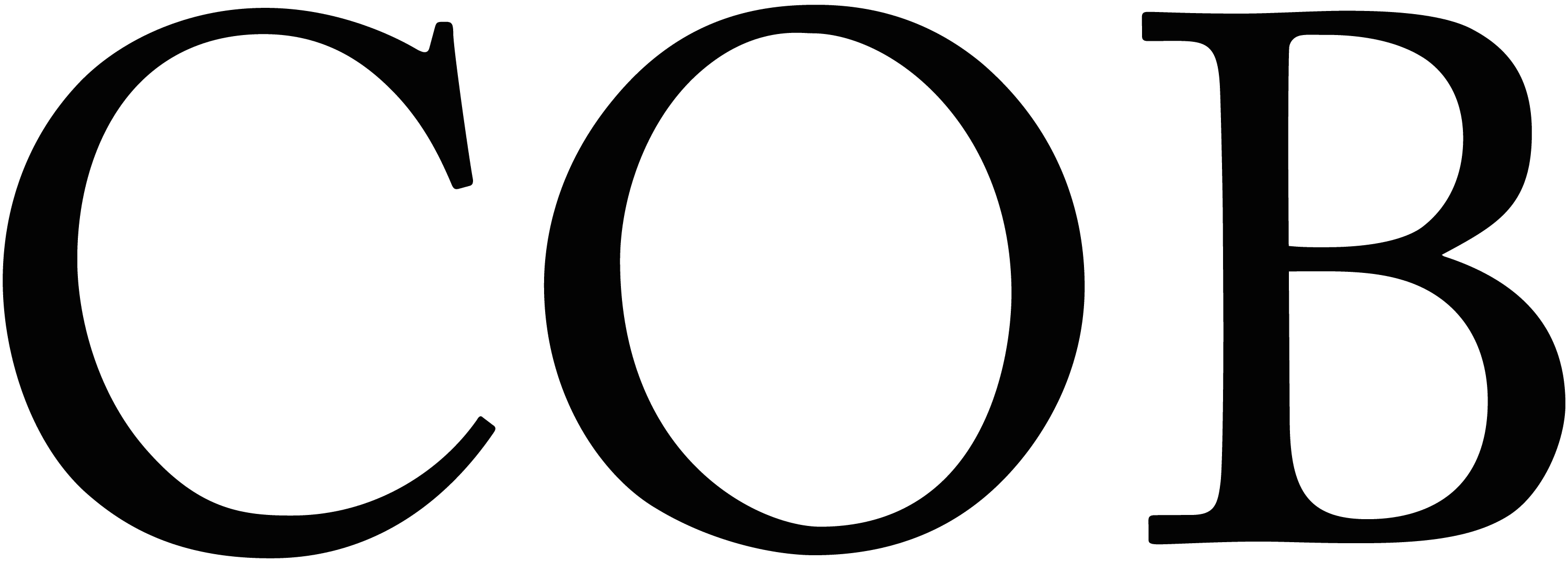Hot Wheels Project, Athens, presents a duo exhibition of works by Zoe Paul and Faye Wei Wei.
Spring is drawing near,
winter does not want to leave,
the freezing nights linger,
snowing gently still.
Marzanna, Marzanna,
you winter mistress,
today we will drown you,
to put an end to winter.
Drift away with the ice,
far away to the sea,
let it finally come
to us- buxom spring.
(Translated from a Polish children’s song, Marzanna)
At the end of winter, children gather to drown the Marzanna in the closest lake, marking the
beginning of a new spring. Marzanna dolls, representative of the Baltic and Slavic goddess
associated with seasonal rites, are created only to be destroyed. Part of a folk tradition that has
stood the test of time, communities in Eastern Europe come together on the first day of spring to
create their own effigy.
The dolls are collectively woven out of straw, adorned in white cloth, ribbons, necklaces, flowers,
pine cones, branches and twine. Comparably, the clay beads in Zoe Paul’s bead curtains are handrolled in groups, bringing people together in a traditional and meditative process. The harnessing of age-old materials and techniques is propelled in the stages that follow; dipping, drenching and sinking the Marzanna, firing, threading and hanging the beads. Marzanna has become a malleable symbol; freed from her historical and sacred significance, she is a vessel for expressing personal mythologies and an embodiment of new beginnings. The annual remaking of the doll is mirrored in Faye Wei Wei’s reconditioning of motifs; on the one hand, unwaning and recurrent, on the other, novel and transformed. The ghastly baba jaga witch figure and the fanciful princesses and knights are drawn from the same medieval-cum-fantastical sphere, redevised and personalized by their creators.
The works of Paul and Wei Wei engage with the visual weaving of their own individual narratives.
Their work references both practical and visual histories, developing a language that combines the
then and the now. Within the gallery, these dialogues are instigated but not settled. Paul’s ceramic
heads are placed precariously around the space, suspended at great heights to sing out their
wordless dialogue; aiai, oi, au, ea. Metaphorically reverberating through the space, the sounds linger,
ricocheting off of Wei Wei’s jesters, sea urchins, monarchs and snakes. The figures float on the
canvas, the surface reminiscent of a body of water where images resurface and reappear from
uncertain depths. The Marzanna is led through the town, marching towards her inevitable descent.
When these narratives are unwoven, and the Marzanna drowned, only traces of symbols remain to
guide an exploration.
